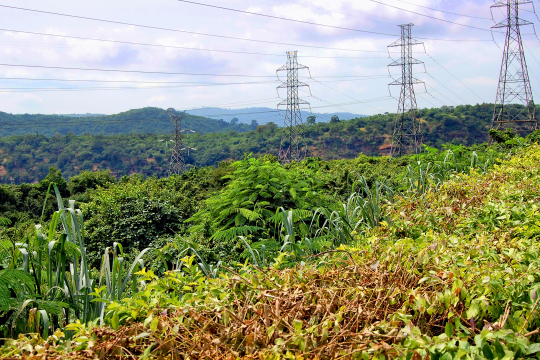|
Key Messages Improvements in household electricity consumption resulting from efficiency improvements have the potential to reduce household electricity expenditure, and consequently the level of poverty among households. However, little is known about the extent to which improvement in electricity consumption efficiency can reduce poverty. Our study finds that:
We recommend that government strengthens policy choices to improve household electricity consumption efficiency through appliance star ratings and appliance rebate systems. Policy should also focus on increasing the level of education and awareness on energy efficiency to aid poverty reduction. |
Files and links
Country
Sustainable Development Goals
Publication reference
EfD Research Brief MS-956



